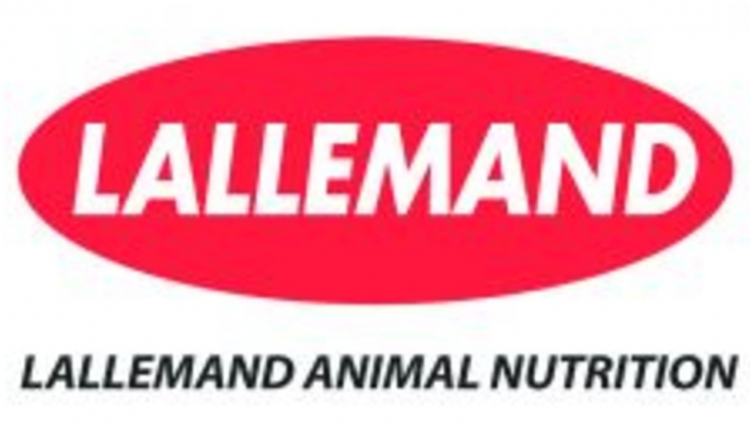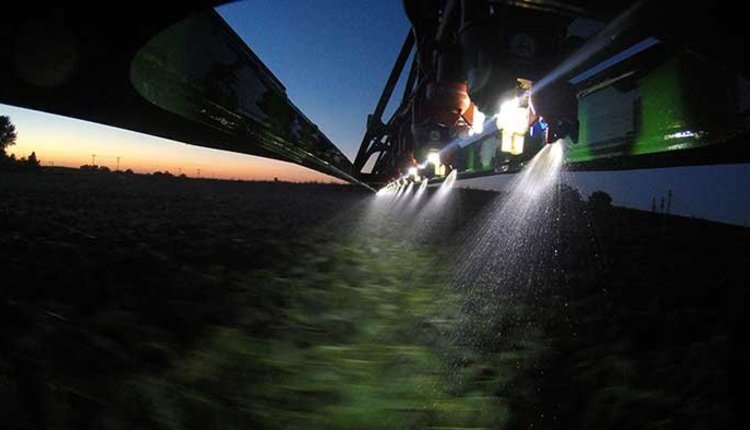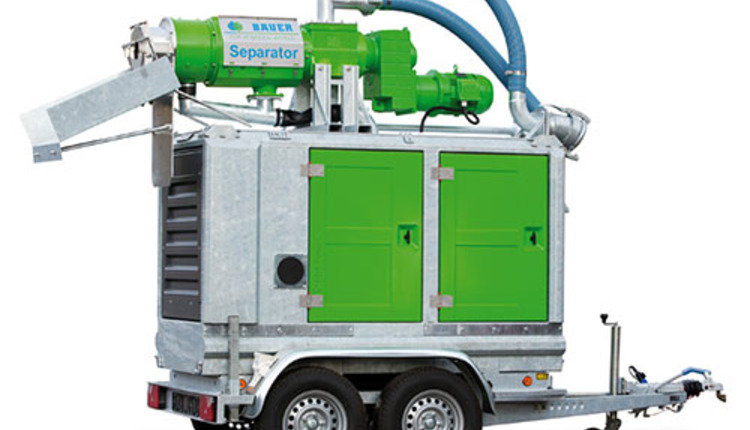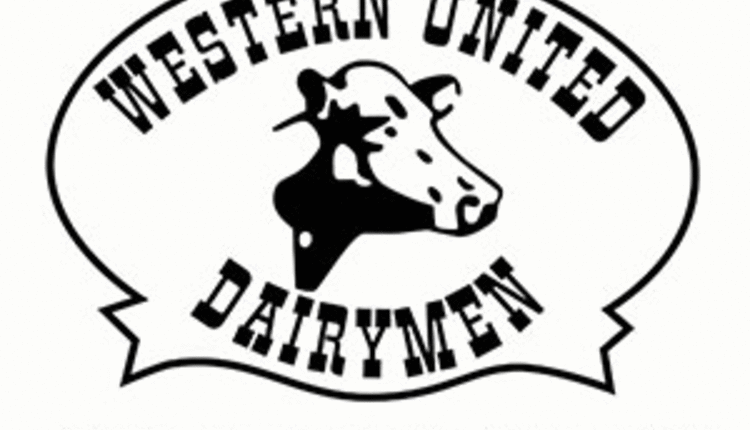
Sulfur is an essential element for crops but soils are often lacking in levels needed to maximize yields, says Ron Chamberlain, lead agronomist for GYPSOIL brand gypsum.
New soil test survey results from the International Plant Nutrition Institute (IPNI) indicate sulfur deficiencies are found in soil tests across many Midwestern states. In Wisconsin, for example, 81% of soil tests studied in IPNI's 2015 survey were found to be low in sulfur. 1
"Corn, soybeans and alfalfa need sulfur to grow and to develop to their genetic potential," Chamberlain says. "For every 10 pounds of nitrogen that a corn crop needs, it also needs a pound of sulfur. You want seedlings to have readily available sulfate sulfur in the soil profile order to eliminate the stress that occurs when it's deficient. Yellowing in new leaf tissue and stunted growth in alfalfa, corn and soybeans may indicate a sulfur deficiency. In order to build cells, corn needs a sufficient supply of sulfur from emergence thru V6 and beyond when it's growing rapidly."
Unfortunately, as the IPNI survey indicates, many farm fields lack the amount of sulfur crops needed for maximum yields. There are several reasons. First and foremost, the Clean Air Act regulations reduced sulfur dioxide emissions from coal-burning power plants, Chamberlain says. Before these regulations went into effect years ago to reduce "acid rain" caused by sulfur dioxide, farm fields received 25-40 pounds of sulfur per acre every year, depending on their location, Chamberlain says. Also contributing to the decline in sulfur levels in farm fields are low-sulfur fertilizers and high crop yields that draw heavily on levels of sulfur in the soil.
"GYPSOIL is calcium sulfate dihydrate and it contains 16-17 percent sulfate sulfur or about 320 to 340 pounds sulfur per ton. Because it is water soluble, gypsum moves into the soil profile where plants can easily access it. The sulfur in gypsum is in sulfate form so it is immediately available for plant uptake, making it a good option for spring applications. By contrast, elemental sulfur must be converted to sulfate in the soil before the plant can use it," says Chamberlain.
With challenging crops prices, growers are scrutinizing input costs and, understandably, may wonder if applying really sulfur pays off.
"It's even more important now to maximize bushels and tonnage when prices are low in order to produce the greatest amount of revenue," Chamberlain says.
GYPSOIL now available in pellets
GYPSOIL brand gypsum is available in bulk form and the new GYPSOIL BLENDABLE pelleted gypsum. GYPSOIL BLENDABLE, available through ag retailers, is a durable and competitively priced pellet, ideal for mixing with other fertilizers and for variable rate applications. For more information about using gypsum for sulfur, visit www.gypsoil.com.
Source: 1) Soil Test Levels in North America 2015 International Plant Nutrition Institute, http://soiltest.ipni.net/maps/Percent_Change
3.16.2016








